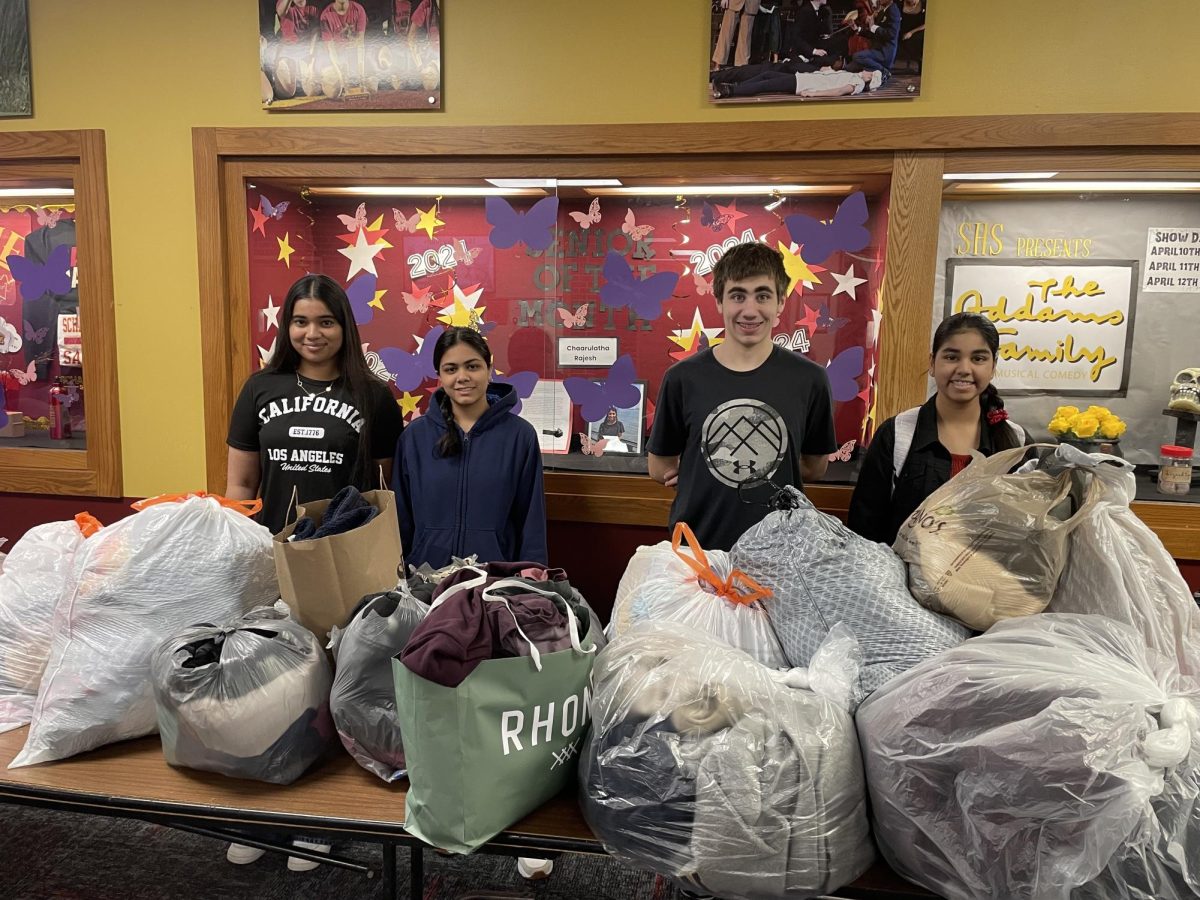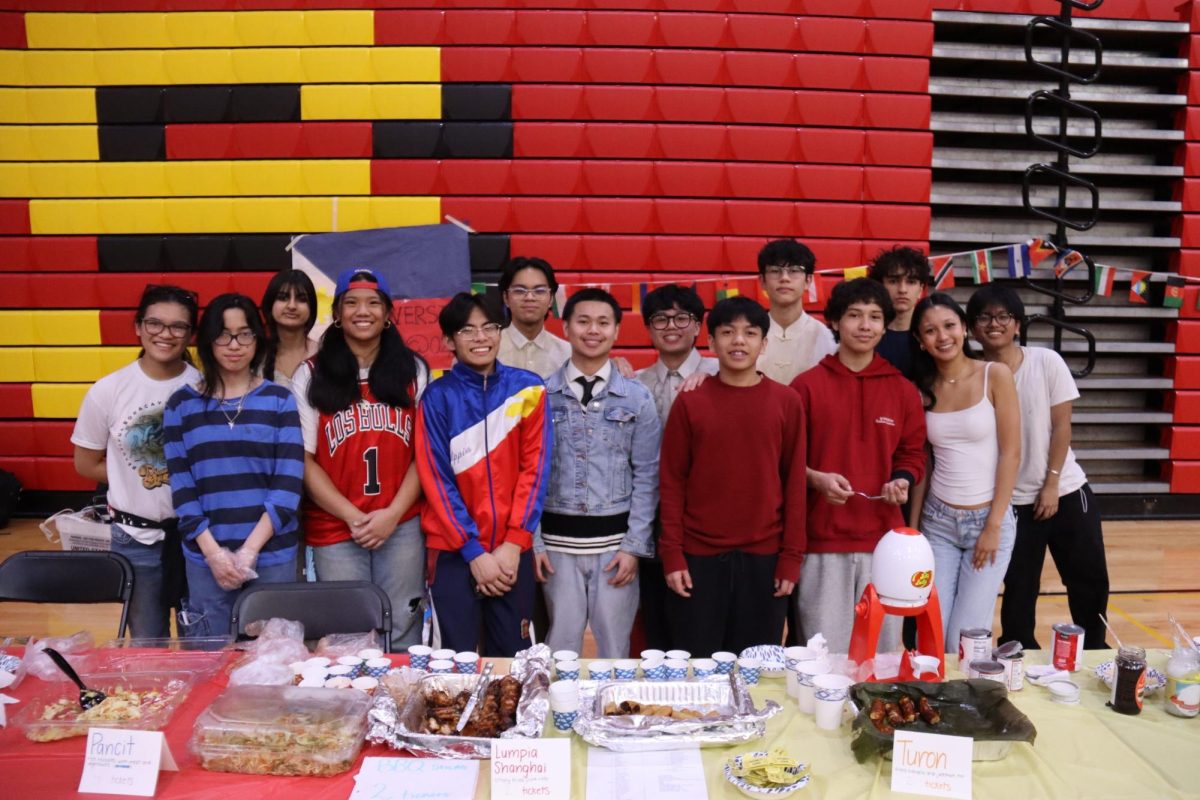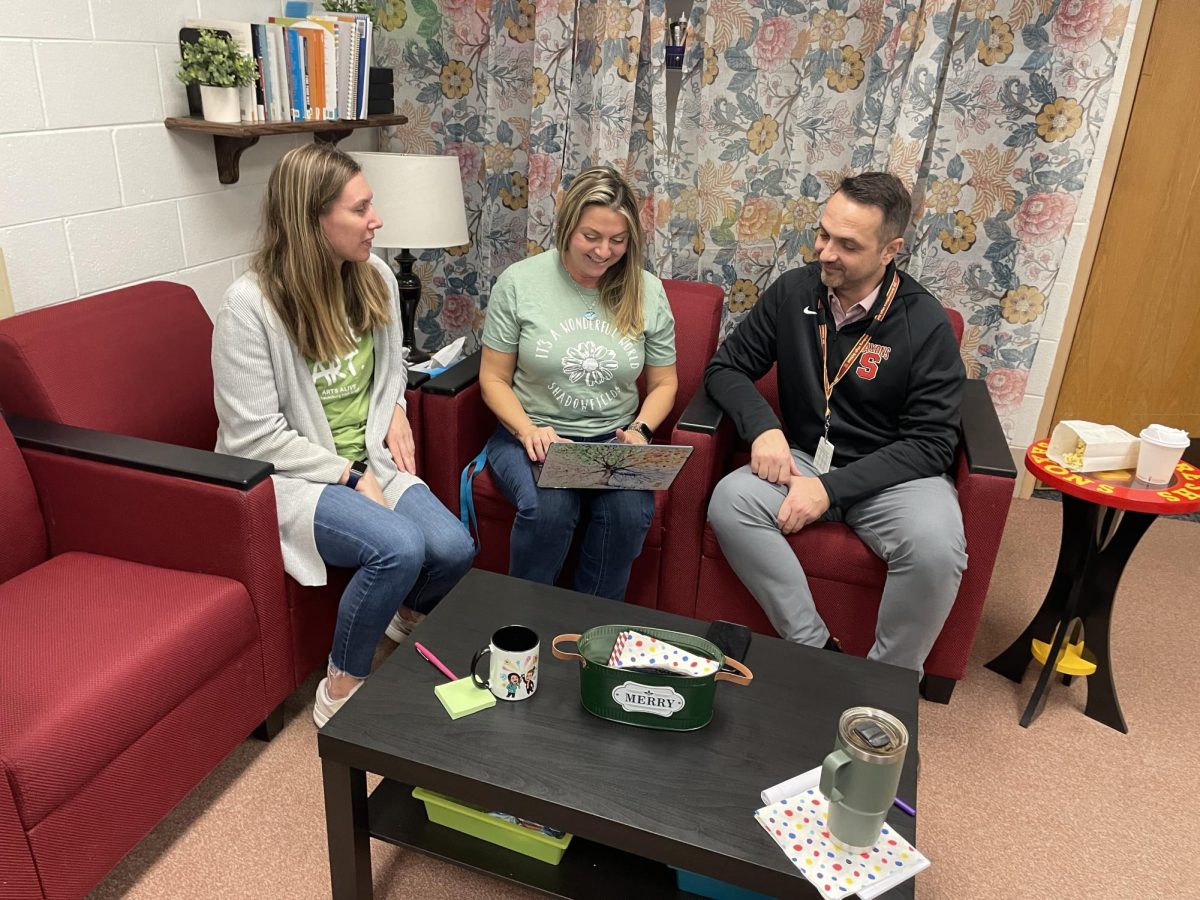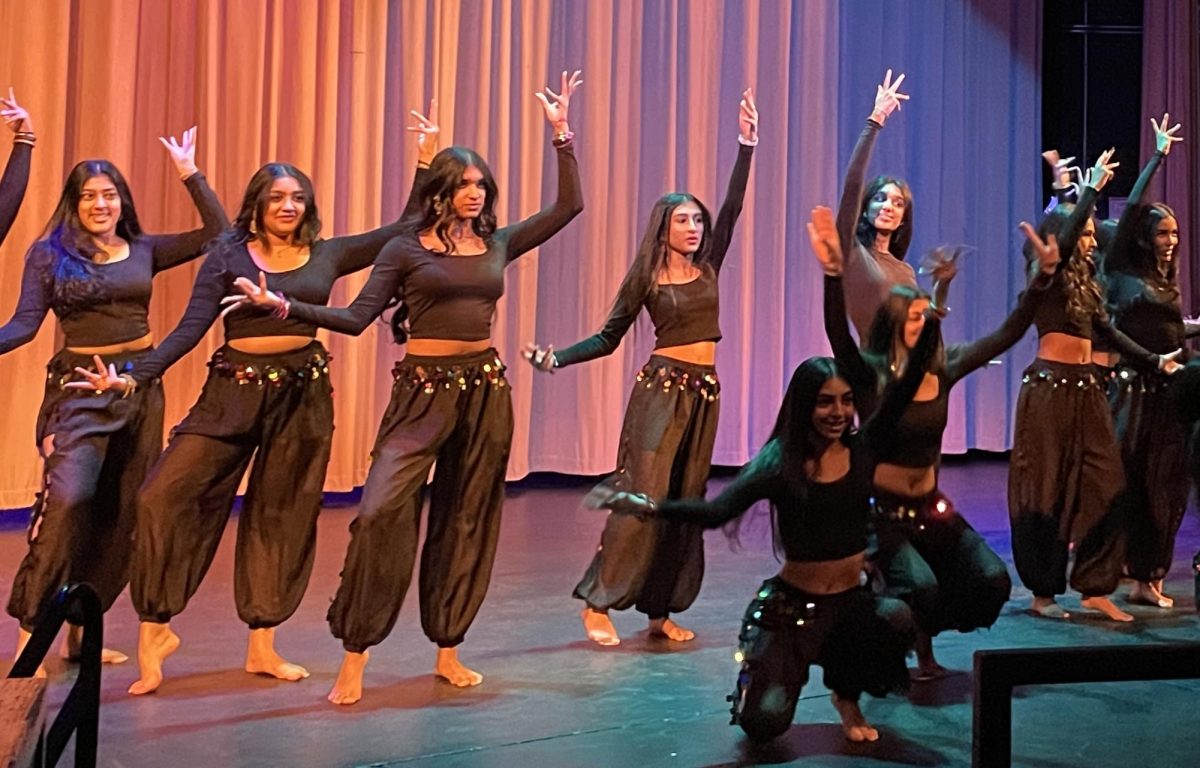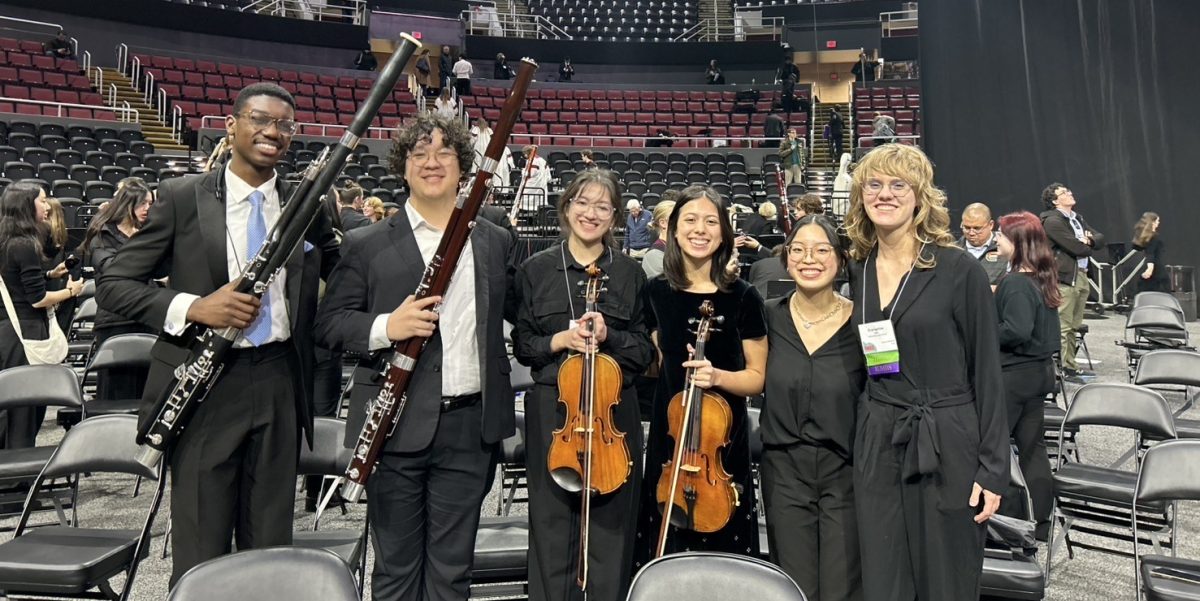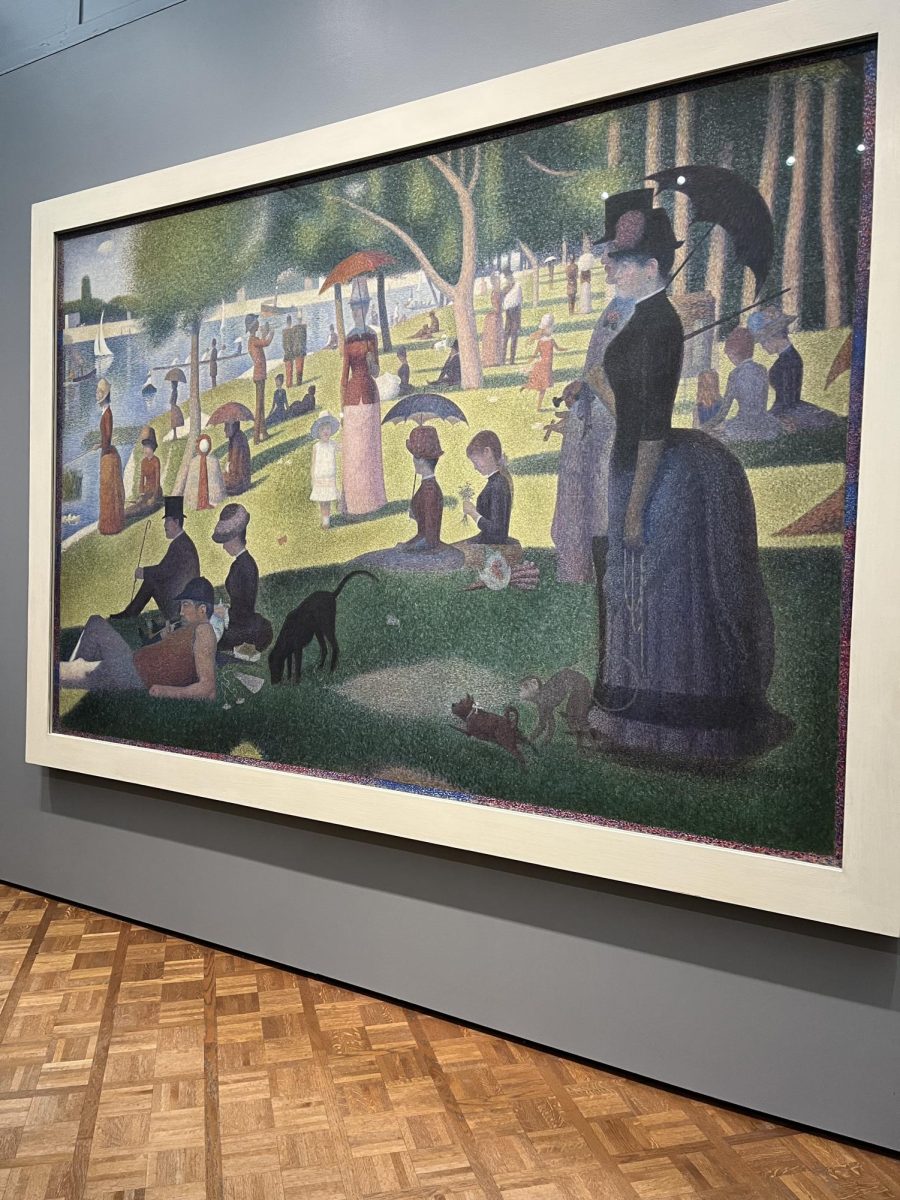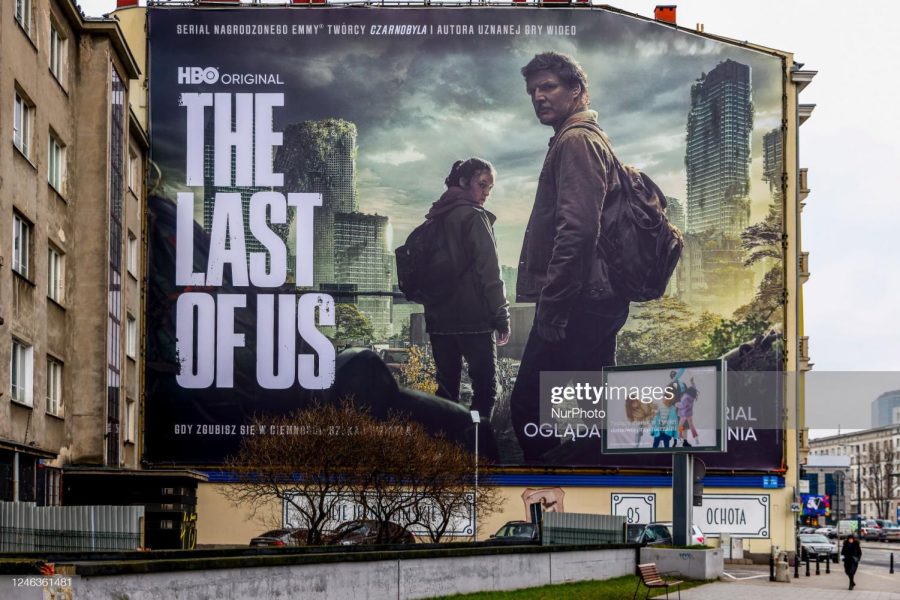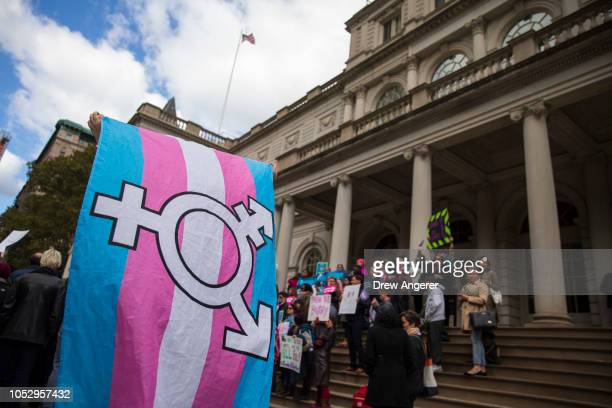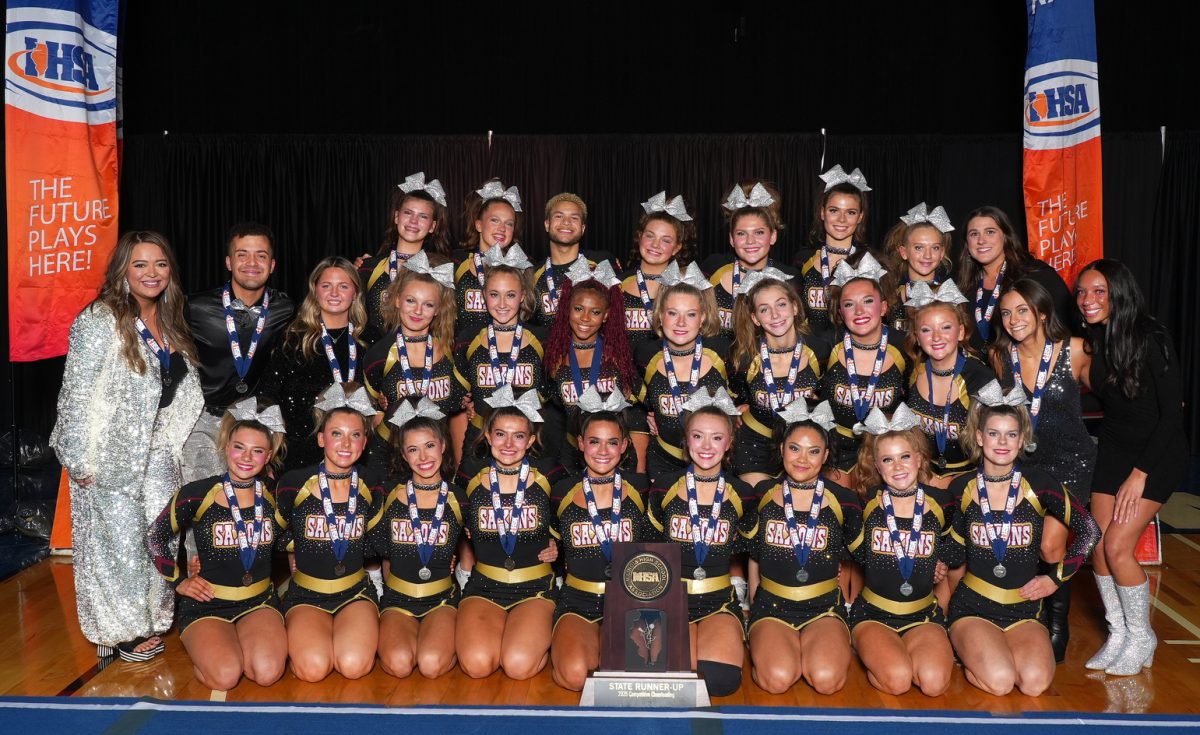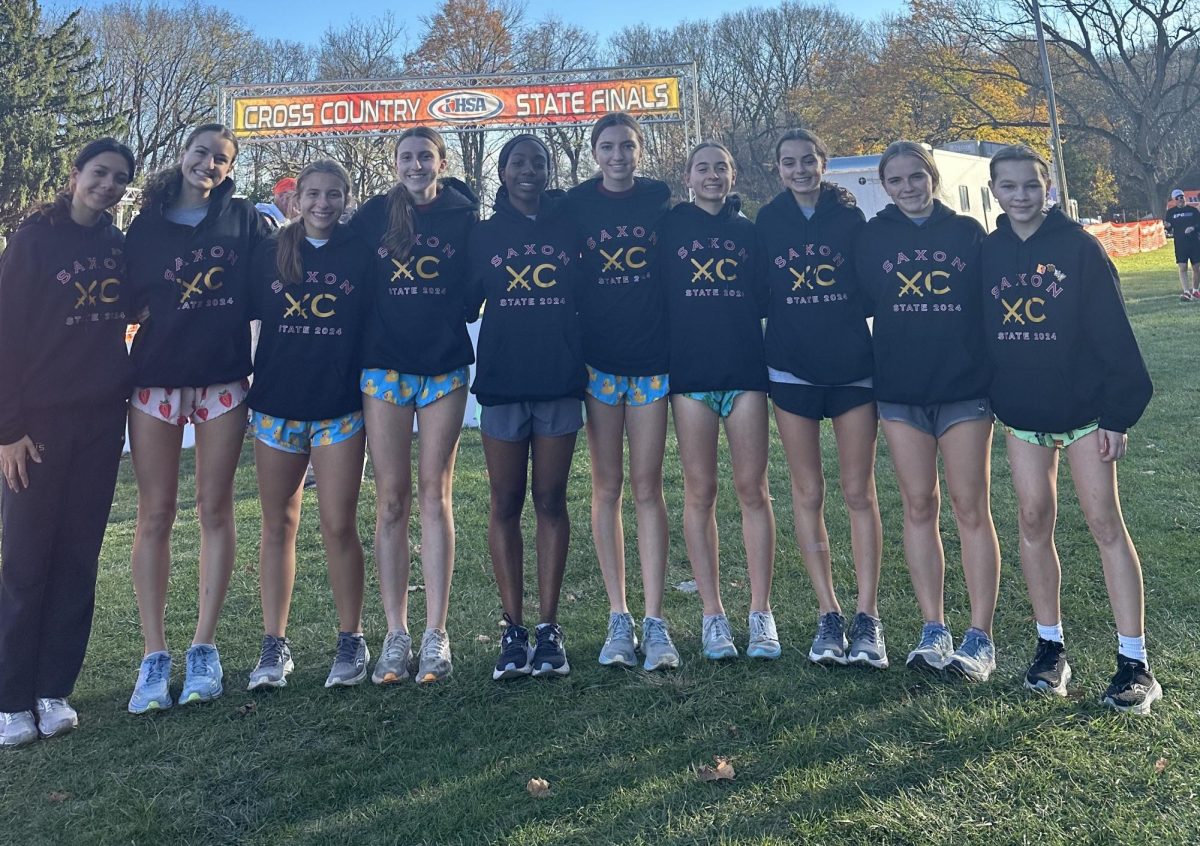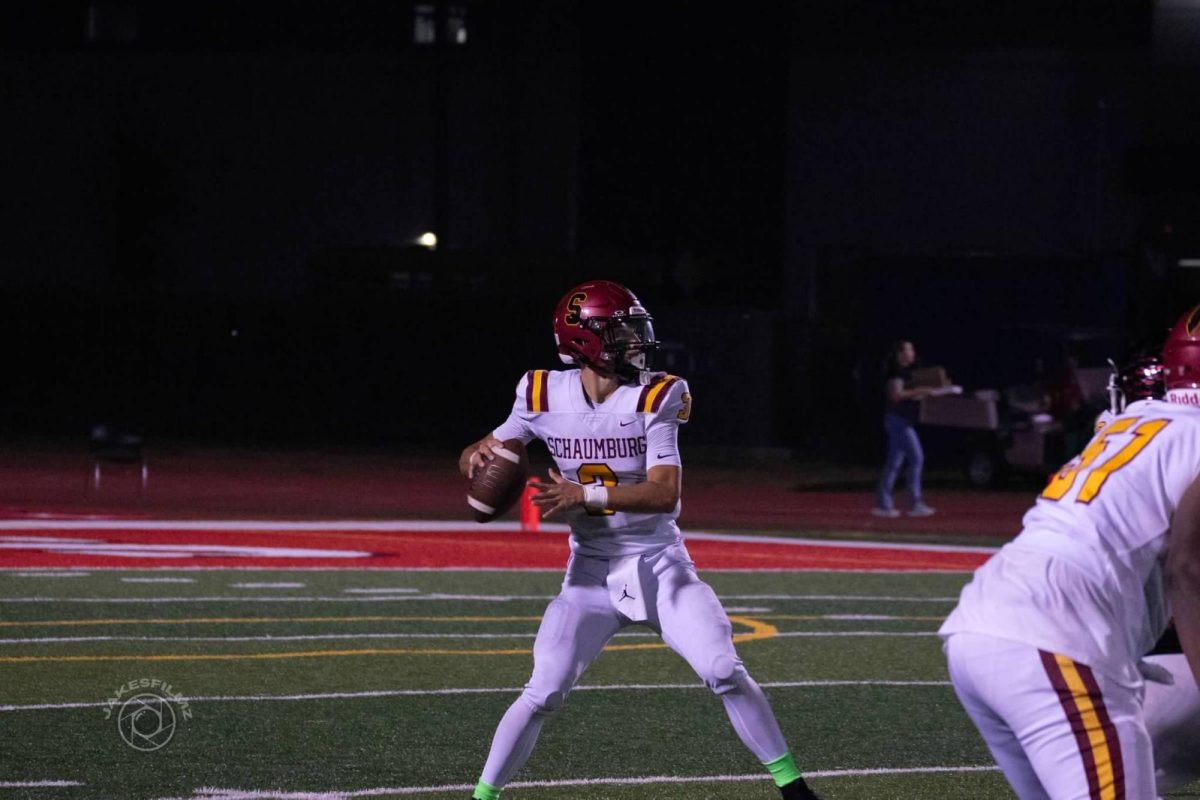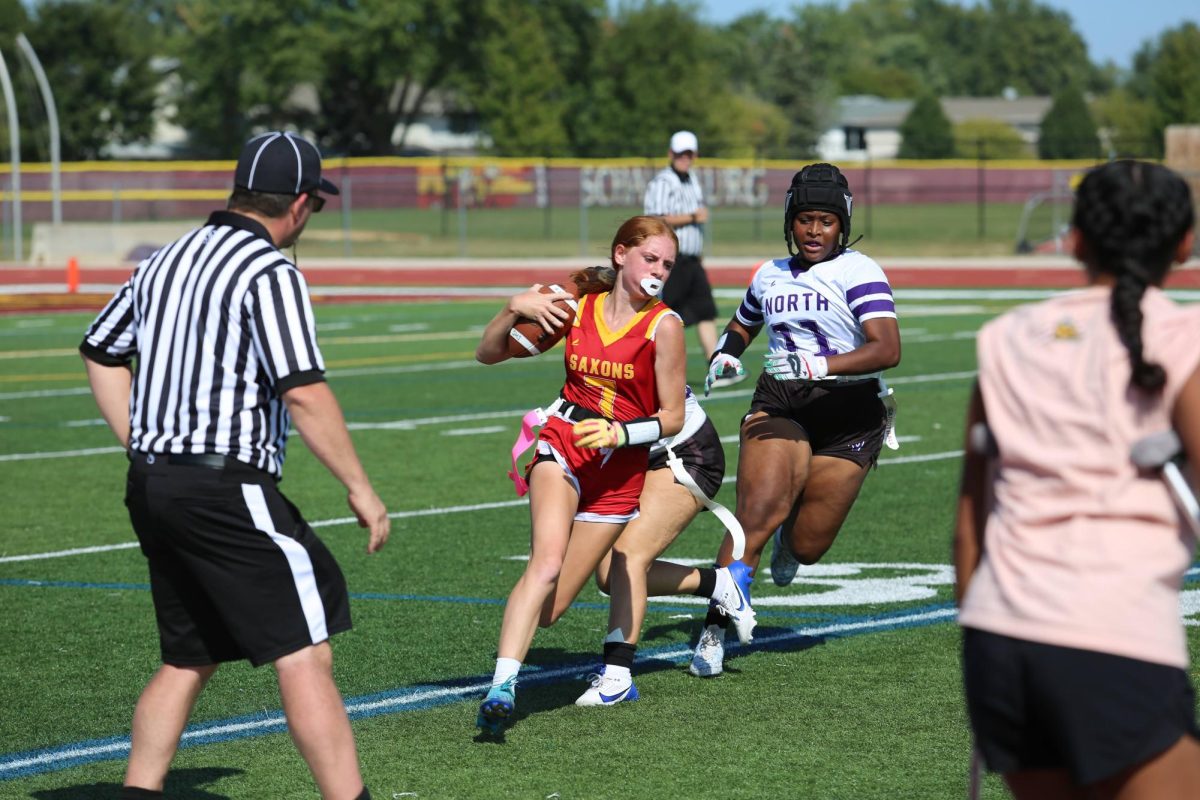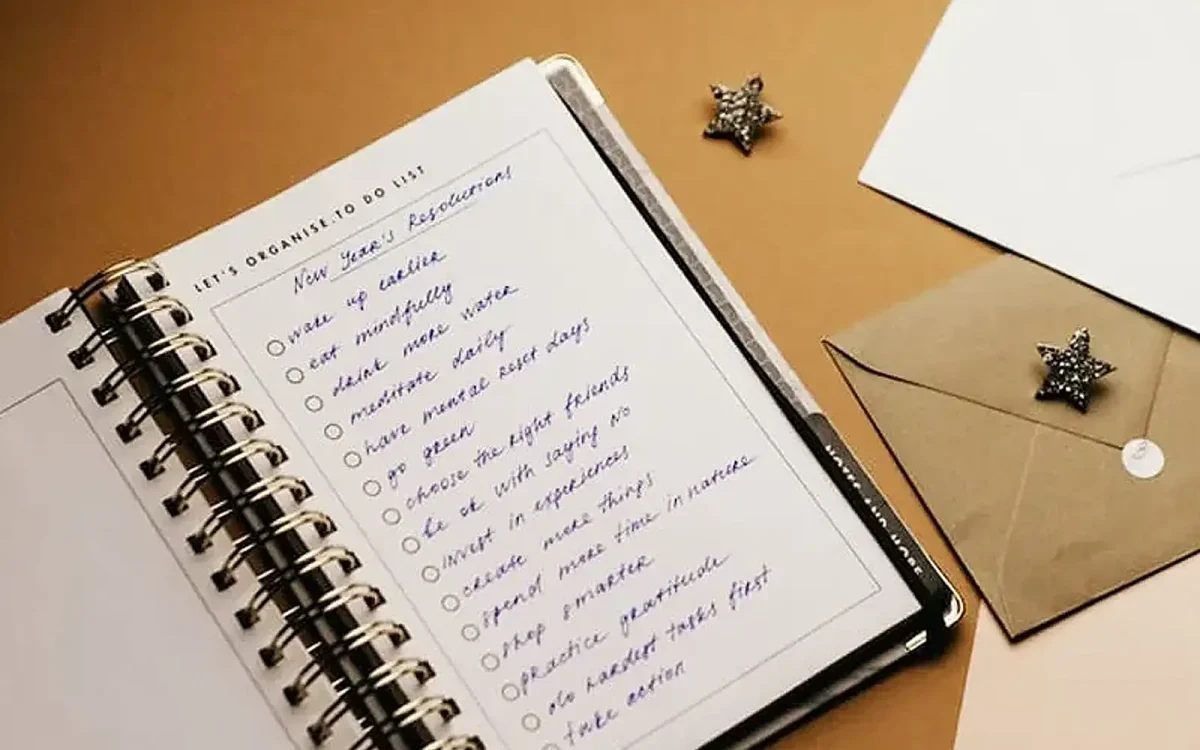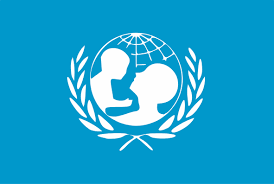Young Voters and the 2020 Election
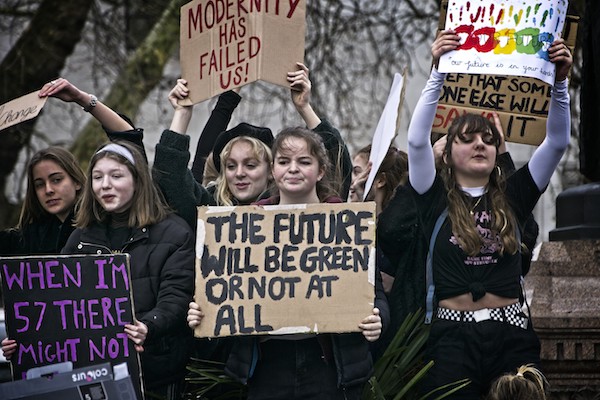
Photos taken at the Global Climate Strike in London on Friday 15th March 2019.
December 2, 2020
It is projected that on January 20th 2021, Joe Biden will be inaugurated as the 46th president of the United States of America. Not only is this the first time in over three decades that an incumbent has lost a reelection, but it is also the presidential election with the most casted ballots in history.
According to Bloomberg, at least 161 million Americans voted in the 2020 election, with Biden accumulating the highest number of votes than any presidential candidate in the past due to the increase in voting registration and overall voter turnout. While almost ¾ of eligible voters casting ballots is impressive in itself, what’s considerably more impressive is the surge in voting among the younger generations compared to past elections. Academic research center CIRCLE gauges a much greater youth turnout than in 2016; they calculate that 50%-52% of voting-eligible young people, ages 18-29, cast a ballot.
In 2016, the youth voter turnout was only 42-44%, so many wonder what caused this increase. Perhaps more young Americans wanted the “I Voted” sticker this year, but it would be difficult to ignore the influence that the internet had.
Each of the popular social media platforms, such as Instagram, Twitter, and Snapchat, had some kind of promotion for voting registration this election year, along with an unprecedented number of celebrities and influencers mobilizing their fanbase to vote. Due to the 88% of 19-29 year olds that use some form of social media, based on 2018 survey results by Pew Research Center, the almost 10% increase in young voters this election can likely be correlated to such online tactics.
Even stars that have always been politically silent, like Taylor Swift, urged followers to register and vote this election; in fact, upon breaking her political silence, there was a 65,000 registration increase within 24 hours of her statement. This is a huge triumph, especially given how close the election results are in numerous states, as every single vote really does count.
When SHS senior, Courtney Larsen, was asked why she voted, she says that “I knew that as an American citizen, it was my responsibility to vote once I was eligible.” It is this kind of spirit that highlights the true influence that young people bring to issues that they care about.
Our votes don’t merely elect a president–they have the power to influence policies and reforms for things we care about, such as combating climate change, transforming the educational system, and improving our healthcare. While there won’t be another presidential election for another 4 years, it is paramount that we still register to vote as soon as we turn 18 and vote in every election available, including local and state elections. The midterm elections that will take place in two years could drastically change the balance of Congress, which will frame our legislation for years to come.
As Courtney emphasizes: “We’re really blessed to live in a country where we decide who our government officials are… if you disagree with the way things are being run, this is your chance for your voice to be heard!”
Some may argue that voting doesn’t make an impact. But it’s the best way to bring change on issues that are neglected by older generations such as fighting racial injustice, reinstating the Paris Climate Agreement, and eliminating student loan debt. If there’s anything to learn from the 2020 election, it’s that our voices actually make the most significant impact of all.
